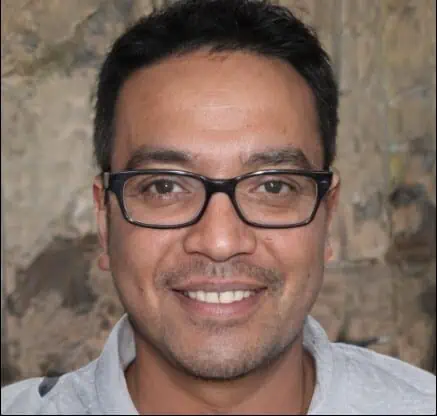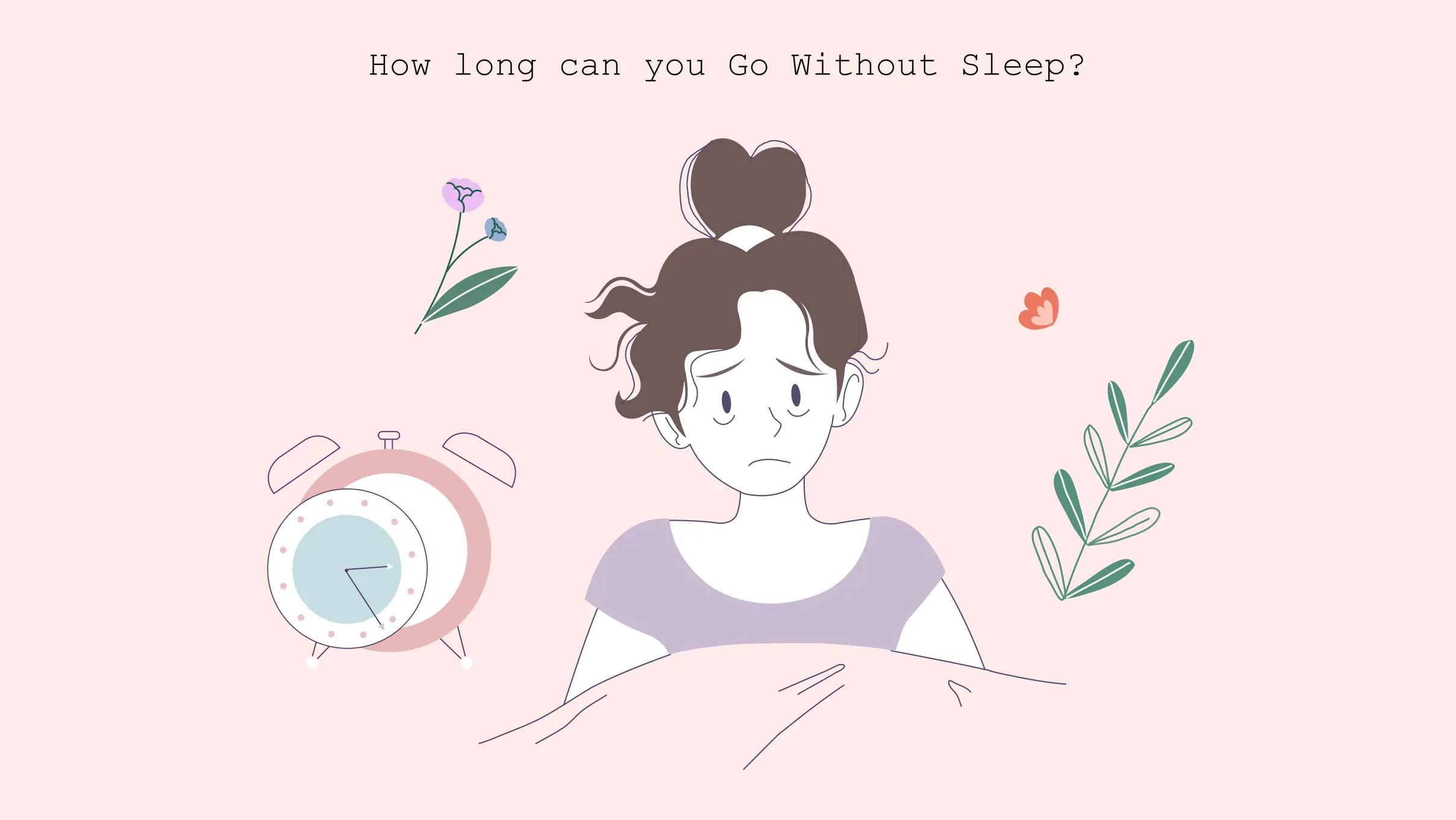How Long Can You Go Without Sleep
Fact Checked
Up to date
Update: July 6, 2023
Share
Written by

Content Writer
Medical reviewed by

Dentist & Medical Writer

0
people like this article
Share
Written by

Content Writer
10 years of experience as a content writer
Previously worked as a copywriter for a health journal
Ability to write in a variety of formats, including articles, white papers, and clinical trial summaries
Medical reviewed by

Dentist & Medical Writer
Meet Dr. Sugandh Goel, an experienced dentist with a passion for innovative healthcare solutions. Additionally, she is a skilled medical writer, dedicated to creating a ripple effect of health awareness and spreading positivity and wellness around.
Read More About Sleep Deprivation
Update: July 6, 2023
• 7 min read





